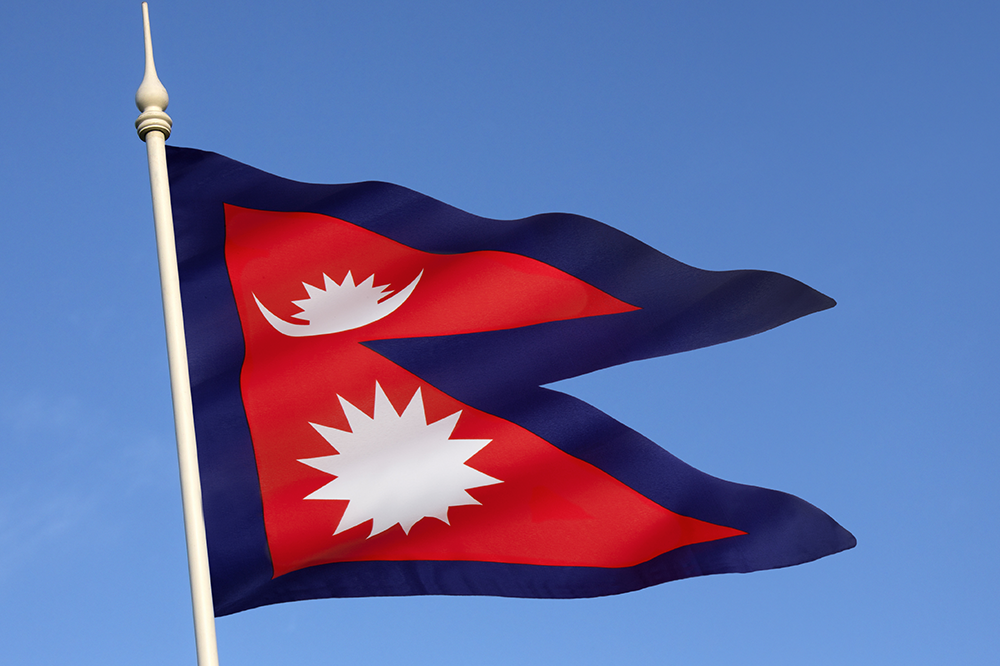
Feb 8, 2013
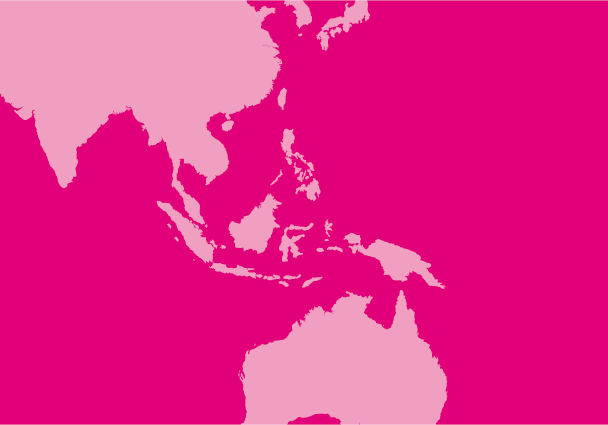 The ICJ is concerned that the Government of Nepal has in recent months taken measures promoting impunity for those those responsible for gross human rights violations.
The ICJ is concerned that the Government of Nepal has in recent months taken measures promoting impunity for those those responsible for gross human rights violations.
The ICJ says than the Nepalese government should rather have acted to address impunity, accountability and redress instead of ensuring that those responsible for gross human rights violations and serious crimes under international law will escape justice.
Ahead of the 22nd session of the Human Rights Council (25 February to 22 March 2013), the ICJ submitted a written statement and delivered an oral statement to the UN in response to the report of the High Commissioner for Human Rights on democracy and the rule of law.
Pointing to recent measures by the Government of Nepal, the ICJ has called for the Council to urge the Government to:
- Promptly establish a Truth and Reconciliation Commission and a Commission of Inquiry on Disappearance, as agreed in the 2006 Comprehensive Peace Agreement, and in accordance with international standards;
- Implement the recommendations in the October 2012 report of the Office of the High Commissioner for Human Rights;
- Conduct prompt, independent and thorough investigations into alleged cases of past human rights violations; and
- Establish and implement vetting guidelines concerning persons holding public office.
Nepal-HRC22-Item3-Democracy&ROL-Legal Submission-2013 (download written statement in PDF)
Nepal-HRC22-Item3-Democracy&ROL-OralStatement-NonLegalSubmission-2013 (download oral statement in PDF)
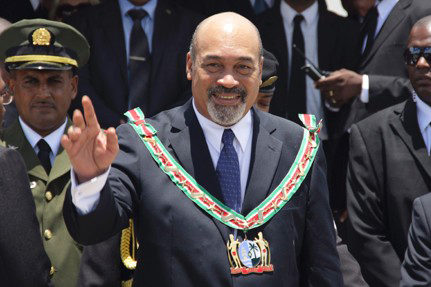
Jan 22, 2013 | News
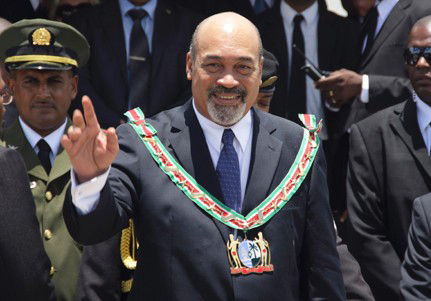 The ICJ today expressed its concern at further delays in the trial of President Desiré Delano Bouterse and 24 others, who are accused of the murder of thirteen civilians and two military personnel in 1982.
The ICJ today expressed its concern at further delays in the trial of President Desiré Delano Bouterse and 24 others, who are accused of the murder of thirteen civilians and two military personnel in 1982.
The ICJ further expressed its dissatisfaction with the continued uncertainty on the applicability of an Amnesty Law that could threaten the status of the trial.
No public statement has been made by the Suriname Military Court since the judges hearing the matter decided to suspend the trial of President Bouterse in May 2012 and leave it to the public prosecutor and an undesignated court to decide whether President Bouterse and the other accused should benefit from the country’s Amnesty Law.
“It is unacceptable that there have been no pronouncements in this case since the last hearing over eight months ago,” said ICJ Secretary-General Wilder Tayler. “Justice has been denied for more than three decades and it is in everyone’s interests, both the accused and the families of the victims, that this trial should proceed without further delay”.
President Bouterse had been accused of having been present on 8 December 1982 at the military barracks of Fort Zeelandia, where 15 political opponents were allegedly executed.
Reports published by various organizations at the time, including by an ICJ affiliate, indicated that several of the victims had also been subjected to torture. At the time, Bouterse was leading a military government in Suriname.
On 19 July 2010, Desiré Delano Bouterse was elected President of Suriname, taking up office on 12 August 2010. On 4 April 2012, despite some contestation, an amendment to the existing Amnesty Law of 1989 was adopted by the country’s Parliament, purportedly granting amnesty to President Bouterse and others for the murders that allegedly took place in 1982.
As the ICJ noted in its report of 29 May 2012, there are a number of unresolved questions regarding the legality of the Amnesty law.
Read also:
Suriname: independent observation mission to the trial of President Desiré Delano Bouterse
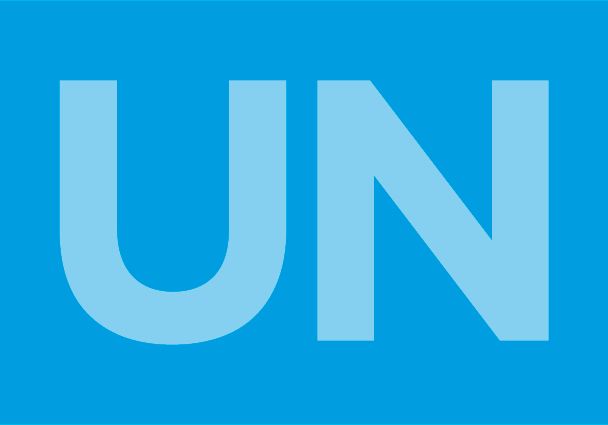
Dec 7, 2012
In a joint submission to the Committee against Torture concerning Peru, the ICJ and COMSIDEH-Peru called for recommendations concerning accountability for torture and ill-treatment of persons and the enhancement of measures to prevent and detect such conduct and to provide remedies to victims.
During its session in October and November 2012, the Committee against Torture undertook an examination of Peru’s sixth periodic report under the Convention against Torture and Other Cruel, Inhuman or Degrading Treatment or Punishment (the Convention).
The joint submission of the ICJ and COMSIDEH-Peru (Comisión de Derechos Humanos – Peru) brought to the attention of the Committee issues related to articles 2, 4, 10, 11, 13, 14 and 16 of the Convention.
Peru-ICJ-COMISEDH-CAT49-AlternativeReport-legal submission (2012) (download PDF version of submission in Spanish)
Peru-CAT49-ConcludingObservations (download Word version of Concluding Observations in English)
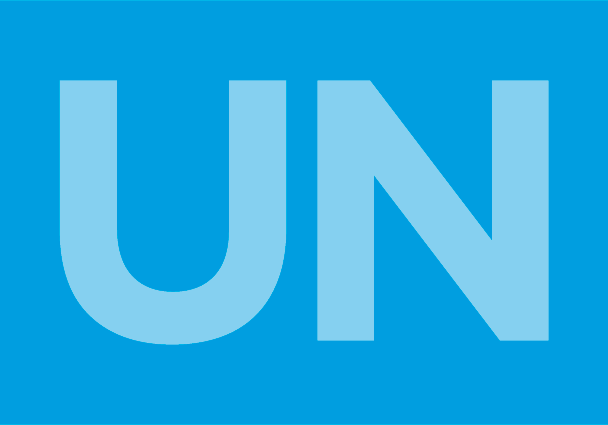
Dec 7, 2012
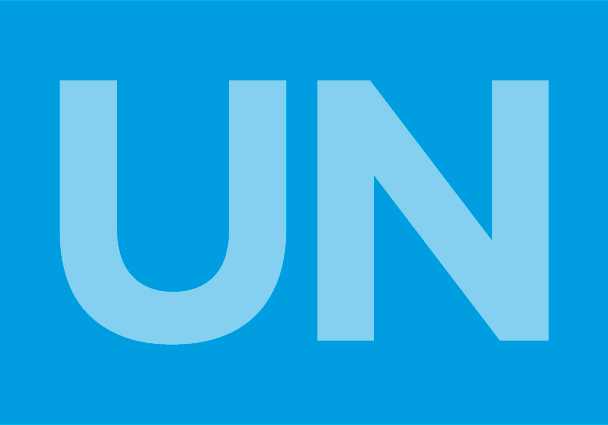 In a submission to the Human Rights Committee concerning Indonesia, the ICJ has called for attention to issues of accountability and access to justice, religious tolerance and the freedoms of peaceful assembly and association.
In a submission to the Human Rights Committee concerning Indonesia, the ICJ has called for attention to issues of accountability and access to justice, religious tolerance and the freedoms of peaceful assembly and association.
During its session in July 2013, the Human Rights Committee (HRC) will undertake an examination of Indonesia’s initial report under the International Covenant on Civil and Political Rights (ICCPR). Ahead of this, during its session in March 2013, the HRC will prepare and adopt a list of issues. The ICJ’s submission brings to the attention of the Committee issues related to articles 2, 18, 21 and 22 of the ICCPR.
The ICJ’s submission refers to the need for more effective investigation of abuses that impair the ICCPR, including accountability for such abuses, especially as this affects oversight and accountability of intelligence services. The submission also suggests that questions be raised with the Government of Indonesia concerning religious tolerance and the freedoms of assembly and of association as it affects lesbian, gay, bisexual and transgender individuals and organisations.
Indonesia-HRCttee107-LOI-legal submission (2012) (download PDF in English)
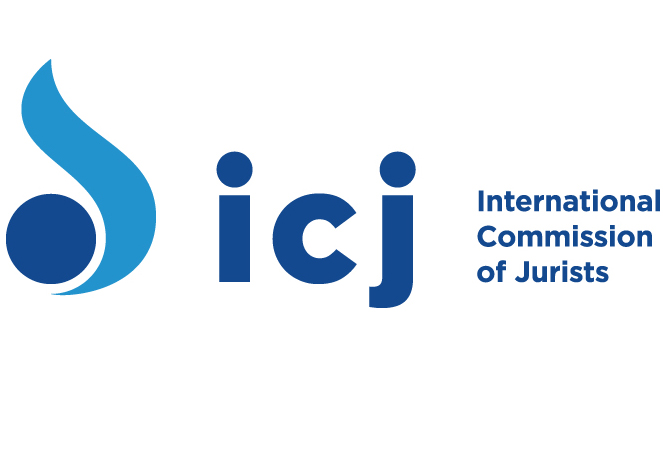
Nov 14, 2012 | Agendas, Events
The ICJ is organizing this workshop in collaboration with Cross Cultural Foundation (CrCF) and the Association for the Prevention of Torture (APT) from 17 – 18 November 2012 in Bangkok, Thailand.
The workshop is aimed at supporting and strengthening civil society groups in Thailand in their engagement at the international level to address key issues in the implementation of the UNCAT.
This is a follow-up to a previous workshop held by the ICJ together with the APT and OHCHR last January 2012 where Thai groups decided to submit an alternative report to the UN Committee against Torture.
The November workshop will have discussions on the role of the UN Committee against Torture, as well as key provisions of the UNCAT.
A representative from the Commission on Human Rights of the Philippines will be sharing to Thai groups on the Commission’s experience on drafting an alternative report on the Philippines.

 The ICJ is concerned that the Government of Nepal has in recent months taken measures promoting impunity for those those responsible for gross human rights violations.
The ICJ is concerned that the Government of Nepal has in recent months taken measures promoting impunity for those those responsible for gross human rights violations.









